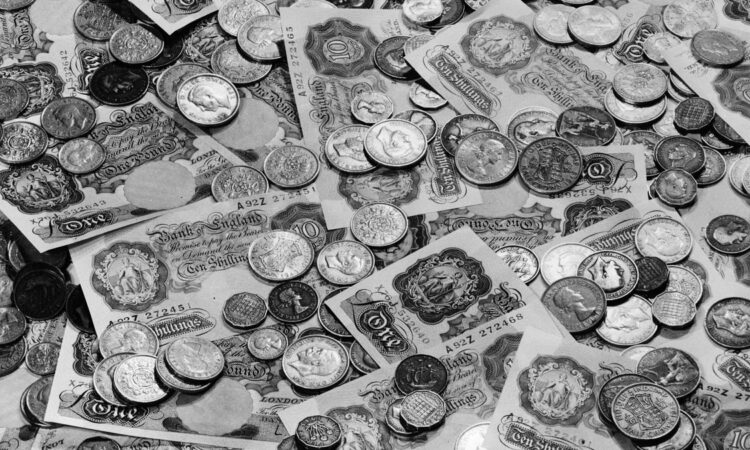
The last time the British pound flirted with dollar parity, Margaret Thatcher was prime minister.
Over the past four decades, the pound has navigated several crises, but nothing has sent it as close to dropping below the $1 barrier as prime minister Liz Truss’s plan to boost the economy through generous tax cuts.
On Tuesday, the pound was trading near $1.08, after hitting a low of $1.035 Monday.
Here’s a look at the pound’s previous crashes:
1976 sterling crisis
That year, the pound crossed another psychological threshold, falling below $2 for the first time. It dropping further as the government struggled with double-digit inflation triggered by a bout of hefty government spending. The UK eventually borrowed $3.9 billion from the International Monetary Fund to keep the pound from slipping further.
1985 pound crash
Until this week, the pound’s lowest point had been $1.04, which it hit in February 1985. At the time, the currencies of all rich countries, not just the UK, were being squeezed by the dollar—very similar to today.
That crisis led to the signing of the Plaza Accord later that year, under which the world’s richest countries, including the US, agreed to cooperate to bring the value of the dollar down.
Black Wednesday
In 1990, the UK joined the Exchange Rate Mechanism (ERM), a preamble to the creation of a single European currency. Under the setup, members had to keep their currencies within certain limits. But after speculators (including George Soros) piled on the pound, it dropped beyond those limits, and the UK was forced out of the ERM. That day—Sept. 16, 1992—came to be known, in currency markets, as Black Wednesday.
2008 recession
The UK plunged into a recession during the financial crisis, dragging the pound down.
Brexit vote
In a referendum, the UK voted to leave the European Union, triggering a collapse of the pound. Though it recovered subsequently, it has never reached pre-Brexit levels ever since.





